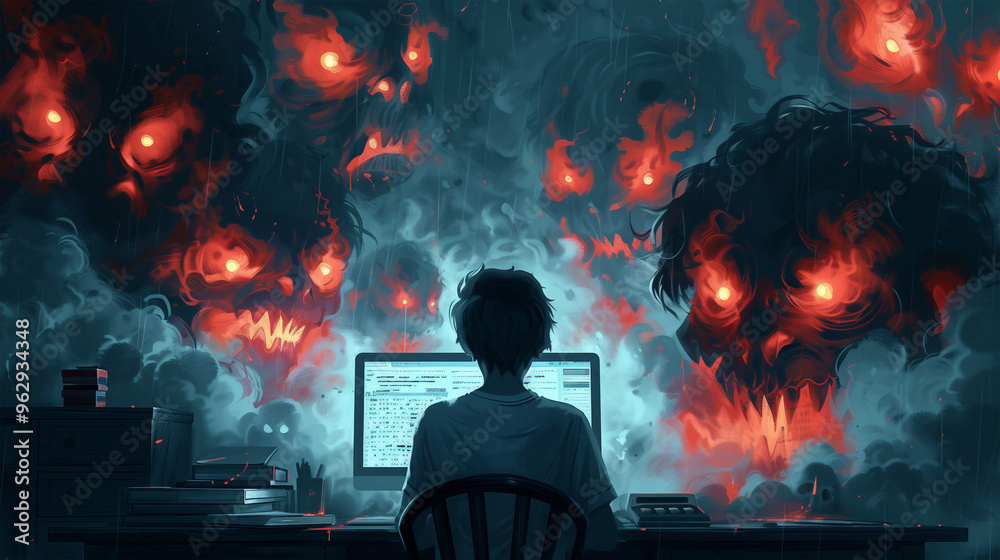
Educate, Don’t Hate (Vigilantism)
Cyber-Vigilantism Isn’t the Answer
The internet can be a great tool, but it also has a negative dark side to it. People post harmful, and cruel things online every day. I understand wanting to call someone out for being in the wrong… Buuuuuut is cyber-vigilantism, publicly shaming, or “canceling” someone, the right way to handle it? I don’t think so.
While it might feel good in the moment to tell someone to stop being hateful, cyber-vigilantism isn’t helpful, it’s just another form of online harm. When we tell someone to stop by being rude or hateful about it… we’re just creating a cycle of negativity. If we truly want change, the real solution is education. (stooping to someone’s level of hate can make you just as bad as them).
Wrong Information Causes Harmful Posts
A lot of the hateful, ignorant, or offensive posts we see online don’t always come from a place of harm (though some do) they often come from misunderstanding. Many people grow up surrounded by biased perspectives (or even wrong information), and they repeat what they’ve learned without ever questioning it.
Calling someone out in a teaching way, giving them better information, or even just having a conversation can go a long way. When people are not educated, they often realize how damaging their words can be (It is unrealistic to say this is always the case, but it is always a starting place). Change doesn’t happen through shame, change can only happen from educating people of the harms they are causing.
A Digital Footprint That Lasts Forever
Another issue like cyber-shaming is the digital footprints. People, (especially young people), make mistakes. They post things without thinking, they share jokes they don’t fully understand, and they sometimes repeat things they’ve heard without realizing the harm. The internet (unfortunately) does not forget like people do. One bad post from years ago can come back to haunt someone, even after they’ve grown and changed. (I know a lot of people my age who are suffering the consequences of posting without thinking and this was due to lack of proper education as we started getting online).
Stopping Harm Before It Starts
Of course, the best way to stop cyber-vigilantism (and the long-term harm of a bad digital footprint) is to stop harmful posts from happening in the first place. One way to do this is through better digital literacy education (hence the point of this post).
Kids and teens are getting access to social media at younger and younger ages, usually without fully understanding what could happen later on after they post. Before being allowed to use social media, young people should understan:
- What is OKAY to share online
- How their words can affect others
- How posts can follow them for years
A solution is to put mandatory digital citizenship education into school curriculums, teaching students about online rules/outlines before they even create a profile. Below, is an actual post I commented on of me and my family, knowing I had Facebook before I could spell “Isabella” and “Merry Christmas” is concerning.

Final Thoughts
At the end of the day, cyber-vigilantism doesn’t fix the problem,it just adds to it. Public shaming doesn’t create change, education does.
One story that supports the points I’ve made in this post is from Monica Lewinsky. She experienced public shame and online vigilantism, and in her TED Talk, she even calls herself “patient zero” for this kind of internet shaming (because nothing like it had happened on such a scale before). One quote I want to leave you with from her talk really makes my point, she states:
“Every day online, people — especially young people, who are not developmentally equipped to handle this — are so abused and humiliated that they can’t imagine living to the next day. And some, tragically, don’t. And there’s nothing virtual about that.”
One thought on “Educate, Don’t Hate (Vigilantism)”
I completely agree with you Alea. People can jump to being negative and hateful so quickly when online that it’s alarming. Teaching people how to prevent these things from happening is definitely the best option.